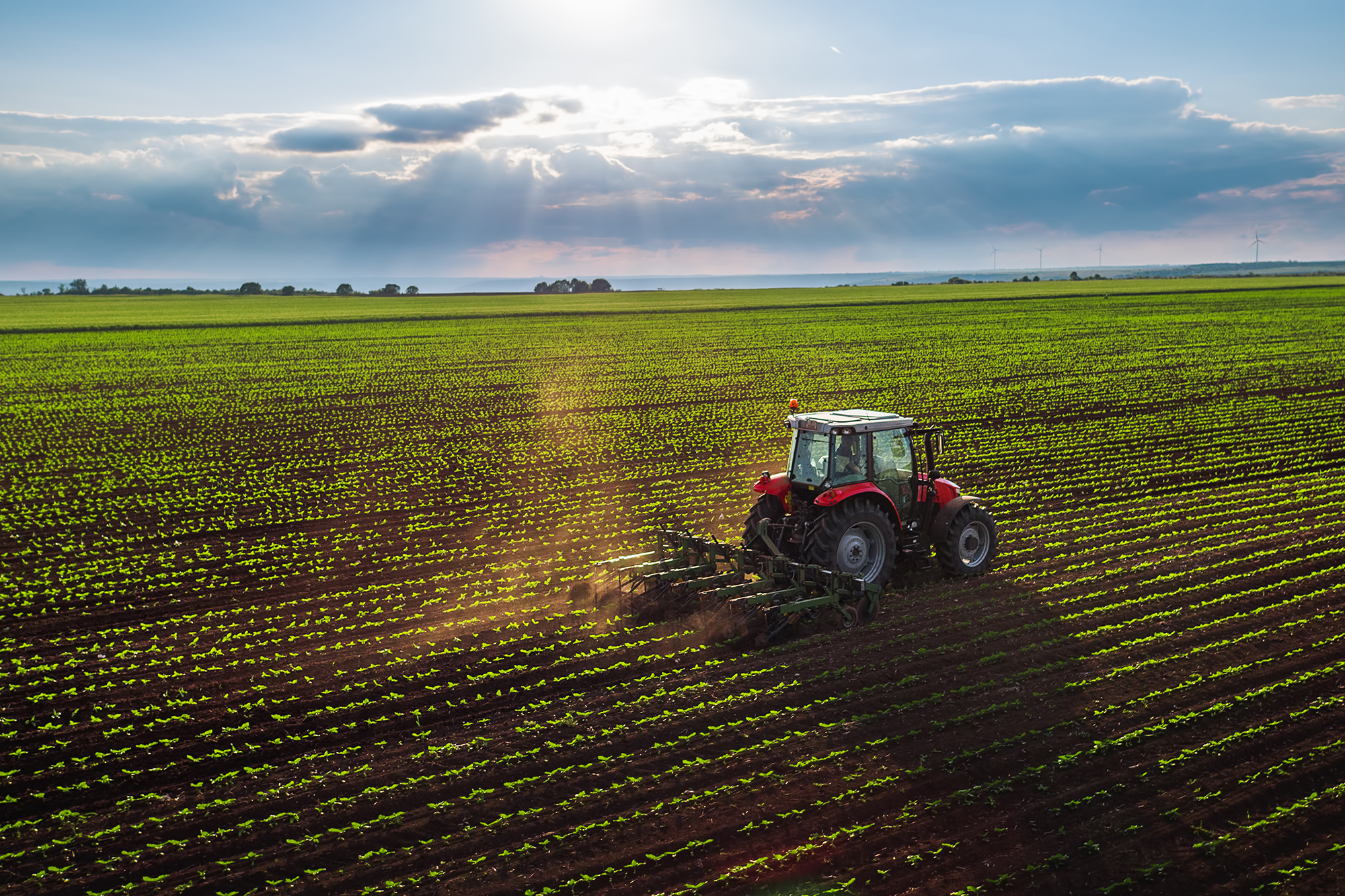
April 8, 2024
Contact: Courtney Perrett, 573-882-6217, cperrett@missouri.edu
Another decline in net farm income is projected for the Show-Me State, according to the Spring 2024 Missouri Farm Income Outlook released by the University of Missouri’s Rural and Farm Finance Policy Analysis Center (RaFF).
The report offers a state-level glimpse at projected farm financial indicators, including farm receipts, production expenses and other components that affect net farm income. Projections from the report suggest that declining market receipts and lower crop prices play a role in the estimated $0.8 billion decrease in net farm income for 2024.
“Although decreased production expenses offer some relief, reduced livestock inventories and lower crop prices are impacting Missouri producers — leading to the projection of lower farm receipts in 2024,” said Scott Brown, RaFF interim director.
According to the report, Missouri net farm income is projected to drop 18% in 2024, compared to an estimated 25.5% decrease in U.S. net farm income.
Other projections from the spring 2024 Missouri Farm Income Outlook include:
- Missouri crop receipts are estimated to decline by 11% in 2024. Statewide planted area is expected to decrease by 136,000 acres, with shifts in less corn but more soybean acres.
- Livestock receipts are projected to decrease 9% in 2024. Cattle and hog cash receipts could see recovery in 2025, driven in part by increased marketings.
- Production expenses are forecast to decrease by 5% in 2024, as costs for fertilizer, feed and fuel retreat from previous highs. Despite this decline, costs for purchased livestock, seed, labor, taxes and capital consumption continue to increase.
Looking ahead, the report estimates that Missouri net farm income will increase in 2025 and 2026.
Missouri’s Farm Income Outlook is one of multiple state-level farm income analyses published by RaFF this spring. The center co-publishes farm income projections with land-grant institutions in Arkansas, Kansas, Nebraska and Texas, and offers additional state-level analyses for key Midwestern geographies.
“RaFF’s farm income projections can help us better understand farm finance indicators across a broader geography, and we can start to explore their uniqueness,” Brown said. “The Missouri Farm Income Outlook, and outlooks from our collaborating institutions, can help policymakers, stakeholders and producers make informed decisions.”
View the full report and data tables


